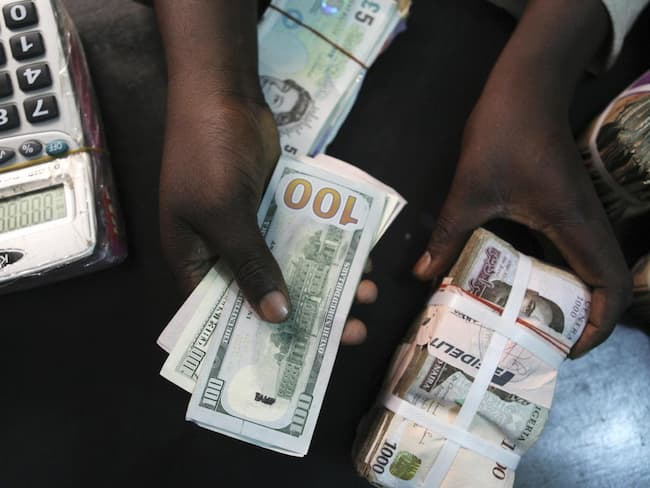The European Single Currency, euro, on Tuesday, April 24, hit two-month low on increasing concerns that firmer U.S. Treasury yields would reduce incremental demand for the region’s bonds and stocks at a time when hedge funds have amassed record long bets in the single currency.
The single currency EUR=EBS stabilized around $1.22 on Tuesday after having plumbed to a low of $1.2185 in the Asian session, its lowest since March 1. It has fallen 3 percent from a 2018 high above $1.2550 in mid-February.
The U.S. 10-year Treasury yield hit its highest in more than four years at 2.998 percent US10YT=RR on Monday before backing off that level and standing at 2.962 percent in Tuesday’s Asian trade and near a psychological 3 percent mark.
That has prompted investors to take another look at the widening interest rate differential trends between the United States and Europe which hit the highest in nearly 30 years at 236 basis points last week, and protracted weakness in the greenback.
“For more than six months, dollar-liability flows have outstripped dollar-asset flows but that is now reversing which is helping the dollar,” said Hans Redeker, head of global FX strategy at Morgan Stanley based in London.
Some lingering worries that European Central Bank policymakers may signal a more cautious stance at a policy meeting on Thursday also pulled the single currency lower, though some market analysts said it may have fallen too far.
“We think the euro’s weakness may be overdone as despite the U.S. Treasury yield spike theme reverberating in the markets over the last 24 hours, the U.S. economy is very much in the late stages of its economic cycle and a cautious ECB meeting is baked into markets,” said Christin Tuxen, an FX strategist at Danske Bank in Copenhagen.
Euro zone firms ended the first quarter with their weakest expansion since the start of 2017, according to the March Purchasing Managers’ surveys. Inflation rose less than estimated last month and investor morale in powerhouse economy Germany has tumbled.
Tuesday’s data showed business morale in Germany, France and Italy — the euro zone’s three biggest economies — deteriorated in April as a stronger currency and capacity constraints limited output.
Despite the recent softness in data — the Citi economic surprise index for the eurozone is now at its lowest since June 2012 .CESIEUR — markets remain stubbornly bullish on the euro with overall bets still near record highs as longer-term expectations remain optimistic.
“The ECB will have to collect more evidence that the recent data moderation is indeed a soft patch and not the first sign of a more enduring slowdown in the economy,” said Luigi Speranza, head of European economics at BNP Paribas in London.
















